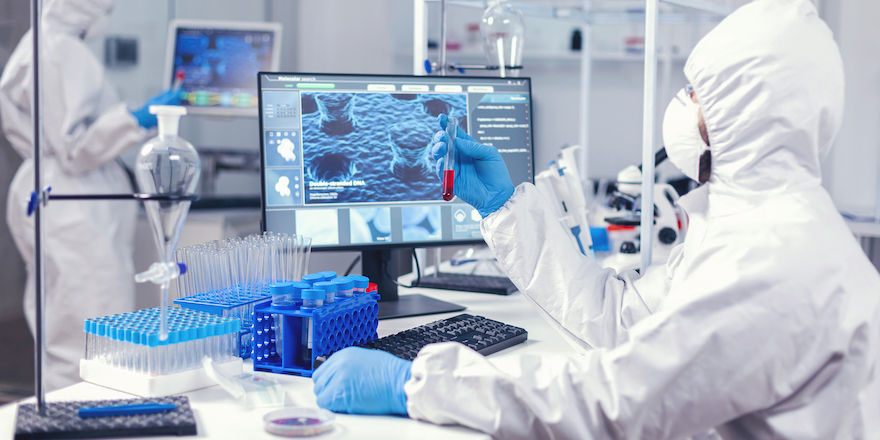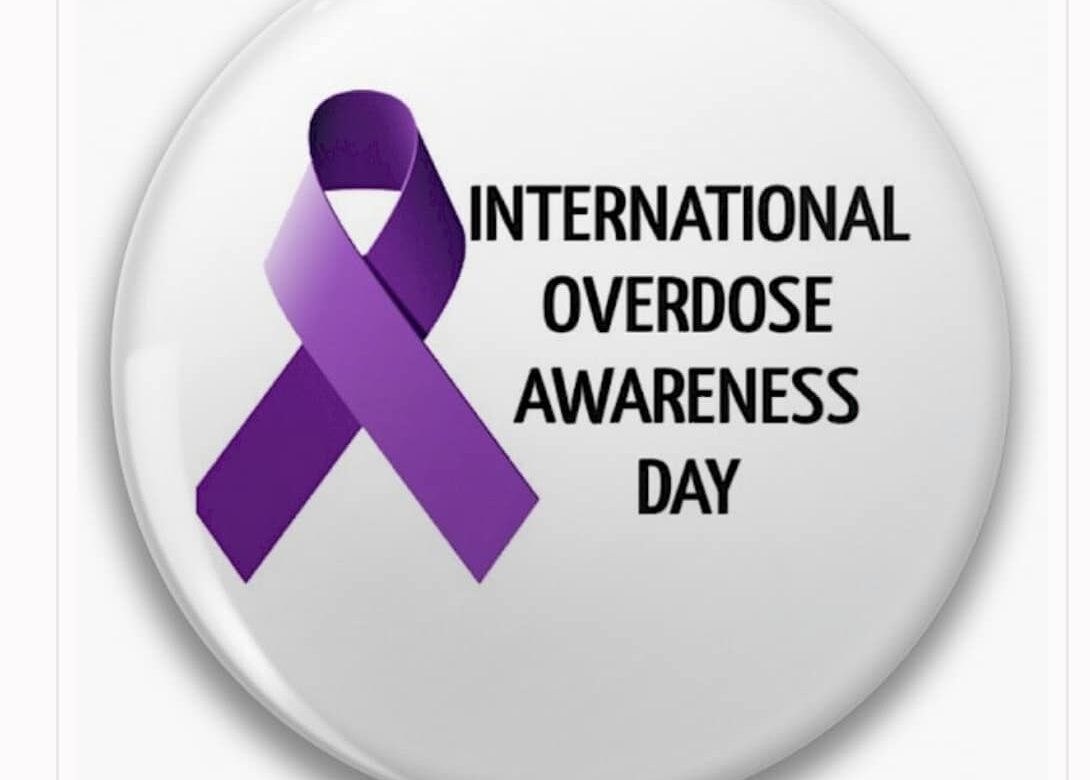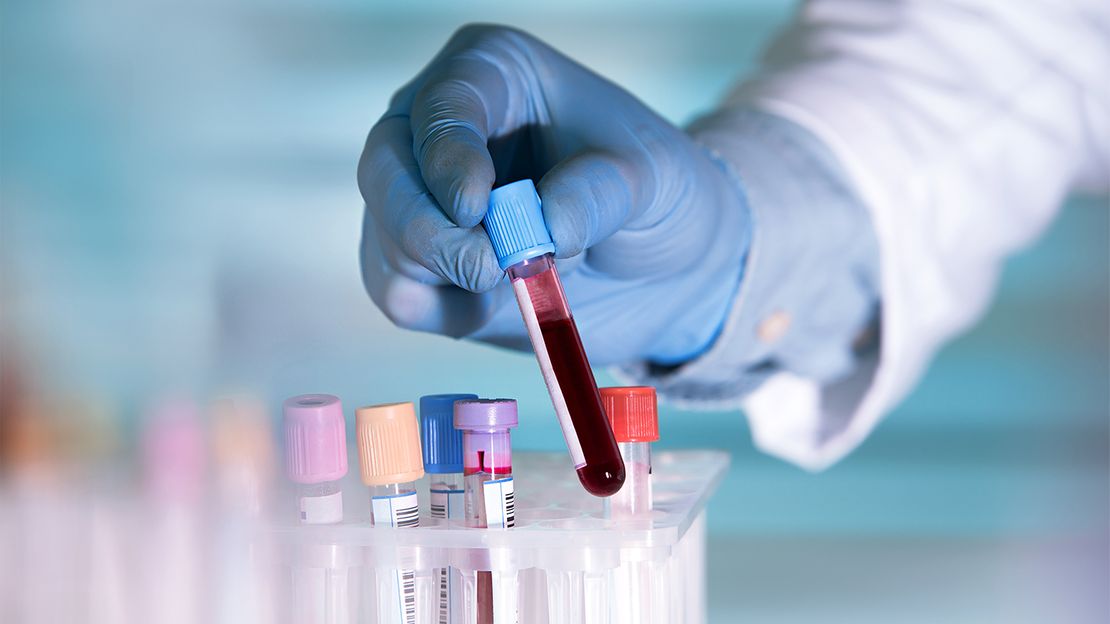Corporate Giving: Making a Difference in Healthcare and Beyond
In recent years, the concept of corporate giving, or corporate philanthropy, has gained significant traction as businesses recognize the powerful role they can play in addressing critical societal issues. While corporate giving undoubtedly includes financial contributions, it extends far beyond just writing a check. It encapsulates a multifaceted approach in which companies engage with their communities and the world at large to bring about positive change.
The Heart of Corporate Giving
At the heart of corporate giving is the desire to make a meaningful impact, particularly in fields like healthcare, where the stakes are exceptionally high. Businesses understand that their success is intertwined with the well-being of the communities they serve, and thus, they’re increasingly looking for ways to support and enhance healthcare services.
Going Beyond Financial Contributions
One of the most recognizable facets of corporate giving is financial contributions. Businesses have been pivotal in providing funding for medical research, affordable healthcare initiatives, and vital medical equipment. While these contributions are essential, corporate giving isn’t limited to writing checks.
Volunteerism and Community Engagement
Businesses are encouraging their employees to engage in volunteer activities. Whether it’s organizing local health camps, participating in community health projects, or sharing their professional expertise with healthcare organizations, these efforts amplify the impact of corporate giving. This hands-on involvement demonstrates a company’s commitment to the cause.
In-Kind Donations and Services
Corporate giving also takes the form of in-kind donations. Companies can donate medical supplies, equipment, or services that benefit healthcare organizations, making quality care more accessible. This approach showcases a company’s dedication to being a partner in health.
Partnerships and Sponsorships
Forming partnerships with healthcare institutions or sponsoring medical events and initiatives is another way corporations contribute. These collaborations result in a more significant collective impact, furthering the cause of healthcare improvement.
Corporate Social Responsibility (CSR) Initiatives
Underpinning all these efforts is a broader strategy, known as Corporate Social Responsibility (CSR). CSR programs encompass a range of sustainability and ethical initiatives that prioritize making a difference in society and environmental conservation. Healthcare is a significant focus area for many CSR initiatives.
Supporting Sustainability and Ethical Practices
Companies are not only concerned about healthcare outcomes but also the environmental impact of the healthcare industry. They’re taking steps to reduce their carbon footprints, adopt eco-friendly practices, and make healthcare more sustainable.
Advocacy and Awareness
Corporate giving isn’t just about doing; it’s also about speaking up. Companies can leverage their influence to raise awareness of healthcare issues, advocate for change, and contribute to building a healthier, more compassionate world.
How Businesses Can Get Started
For business leaders seeking to incorporate corporate giving into their companies, the process often begins with a genuine commitment to a cause. It’s about understanding that success isn’t just about profits but also about the impact on people’s lives and the planet.
- Identify a Cause: Select a healthcare cause that resonates with your organization’s values and objectives. Whether it’s advancing medical research, improving access to healthcare, or removing the stigma around mental health and addiction treatment, choose a mission that aligns with your corporate identity.
- Engage Your Workforce: Encourage your employees to participate in volunteer activities related to healthcare. Their involvement can make a substantial difference in the success of your giving programs.
- Form Partnerships: Collaborate with healthcare organizations, nonprofits, and other businesses to amplify the impact of your efforts.
- Educate and Advocate: Use your platform to raise awareness about healthcare issues and advocate for policies that can drive positive change.
Sunrise Clinical Services’ Commitment to Healthcare
At Sunrise Clinical Services, we believe that corporate giving is not just a responsibility; it’s an opportunity to make a tangible difference in healthcare. Our commitment to providing accessible and affordable treatment to patients is core to our corporate giving philosophy.
We never turn away a patient in need. Our low-cost, all-inclusive weekly fee, which covers medication and counseling services, ensures that those without insurance can still access high-quality healthcare.
For those facing financial constraints, we’ve established the Sunrise Second Chance Foundation. This self-funded organization helps individuals who can’t afford treatment, further underscoring our dedication to the well-being of our community.
By embodying the spirit of corporate giving in healthcare, we hope to inspire other business leaders to embrace this approach, fostering a brighter, healthier future for all.
Corporate giving isn’t just about giving back; it’s about being an active and engaged participant in the betterment of society and healthcare. It’s a journey toward a more compassionate world where businesses and healthcare go hand in hand to create positive change.
Read more






